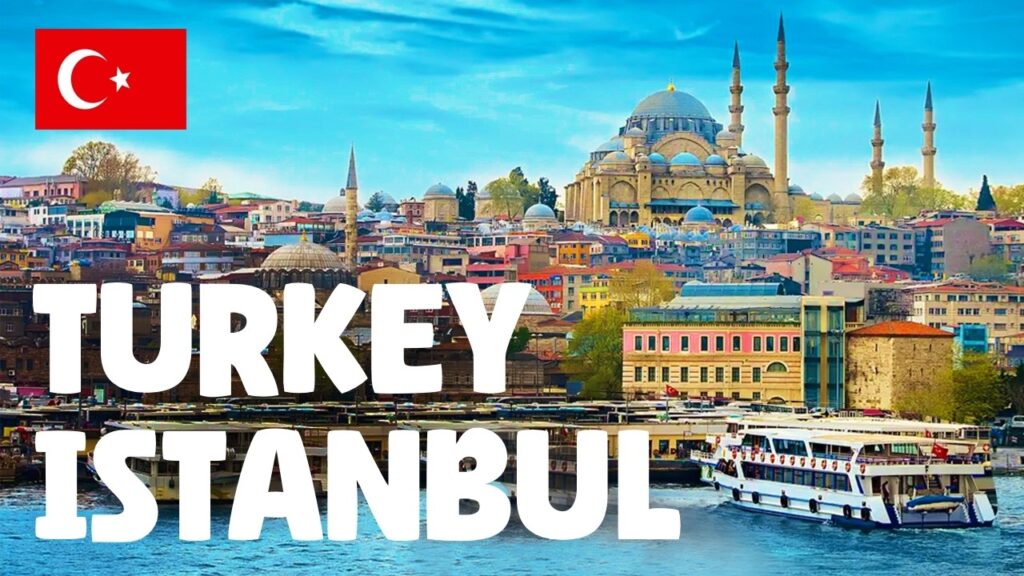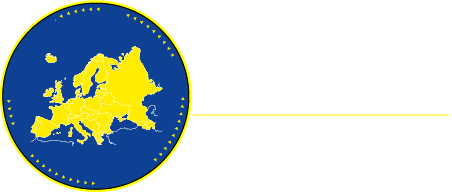

This course includes
- How to build healthy financial habits.
- How to reduce food waste
- What does a “green house” mean
- Money planning
- How we save for our dreams
- Reflection, Evaluation, and Certification
Audience
- Teachers,
- Trainers,
- Educators,
- School administrators, etc.
Students are used to smart gadgets, but for games or social networks, not eLearning platforms, or the correct collection of information. Online learning requires a change in pedagogical strategies, the permanent maintenance of students’ interest and a totally different assessment from face-to-face methods.
Course Content
Daily Program
Locations & Dates
Pre-Register Form
Overview:
Students are used to smart gadgets, but for games or social networks, not eLearning platforms, or the correct collection of information. Online learning requires a change in pedagogical strategies, the permanent maintenance of students’ interest and a totally different assessment from face-to-face methods. Digitized face-to-face learning requires digitized information, applications, online programs.
The use of the students’ favorite tool in the educational act will facilitate a rapprochement of the students with the teachers and vice versa, thus increasing the interest in learning.
Studies show that the most effective uses of ICT are those where the teacher, aided by ICT, can challenge students’ understanding and thinking, and this can be achieved through whole class discussions and/or individual/small group workshops using ICT.
Learning Outcomes:
All participants will:
• to know what it means to be financially responsible
• to manage personal finances responsibly.
• to develop sustainable skills for a green planet.
• to apply artificial intelligence methods
• to know how to transfer knowledge to other people.
Objectives:
• Developing shopping behaviors and how emotions can dictate our spending choices.
• Developing sustainable behavior for a green planet
• Identifying financial intelligence – financial decisions throughout life.
• Participants will be able to implement the course content in their own classrooms
• Share best practices, ideas and materials with colleagues across the EU
Methodology:
Educational materials presented and developed combine financial concepts with all the basic subjects taught at school.
Educational methods and materials, specially created for each learning cycle: primary, secondary, high school.
Preparation:
Before class,
– Participants will complete a detailed questionnaire before the course to indicate their level of experience, teaching and training background.
– They will also prepare a presentation that reflects their own teaching method.
Validation:
– A certificate of participation in the course will be given to all participants.
– A Europass mobility certificate will be granted if the participant requests it.
Day 1: Introduction to Active Learning and Game-Based Education
Icebreaker
Presentation of the program
Presentation of the participants
A momentary impulse, a long-lasting behavior;
The ecstasy of the purchase and the regret afterwards;
Emotions buy for you;
How to build healthy financial habits.
Day 2: Indoor Games for Subject Integration
How to reduce food waste and spend less money on food
Tips to choose a more environmentally friendly wardrobe
What does a “green house” mean and what are its benefits
How you can spend less money on transport and energy
How to make more responsible choices on vacation or shopping
Day 3: Outdoor and Experiential Learning
What does it mean to be financially responsible?
The difference between needs and wants to be more responsible with money.
Money planning
How we save for our dreams
Banks and their role
Day 4: Enhancing Creativity and Problem-Solving Skills
What is your personal net worth and where do you stand financially now?
What are the concrete steps to properly and simply plan a personal budget?
How do we save for our dreams?
Which credit products do we use, how do we analyze their benefits and risks?
Day 5: Assessment and Practical Implementation
Rule 3-2-1 for setting financial goals
Types of insurance that protect your budget from surprises
Practical examples, how to manage money responsibly/how to make decisions, to fulfill their wishes.
Feedback questionnaire
Conclusions/Certificates
Follow-up:
All course participants will be provided with the presented materials, for effective dissemination in their own organizations and in other places. We will create a contact list of participants to exchange ideas/experiences. Learners will complete a feedback questionnaire regarding the training event.

Bucharest, ROMANIA
Location:
Bucharest, ROMANIA
Dates:
14-18 July 2025

Istanbul, Turkey
Location:
Istanbul, Turkey
Dates:
20-24 October 2025
